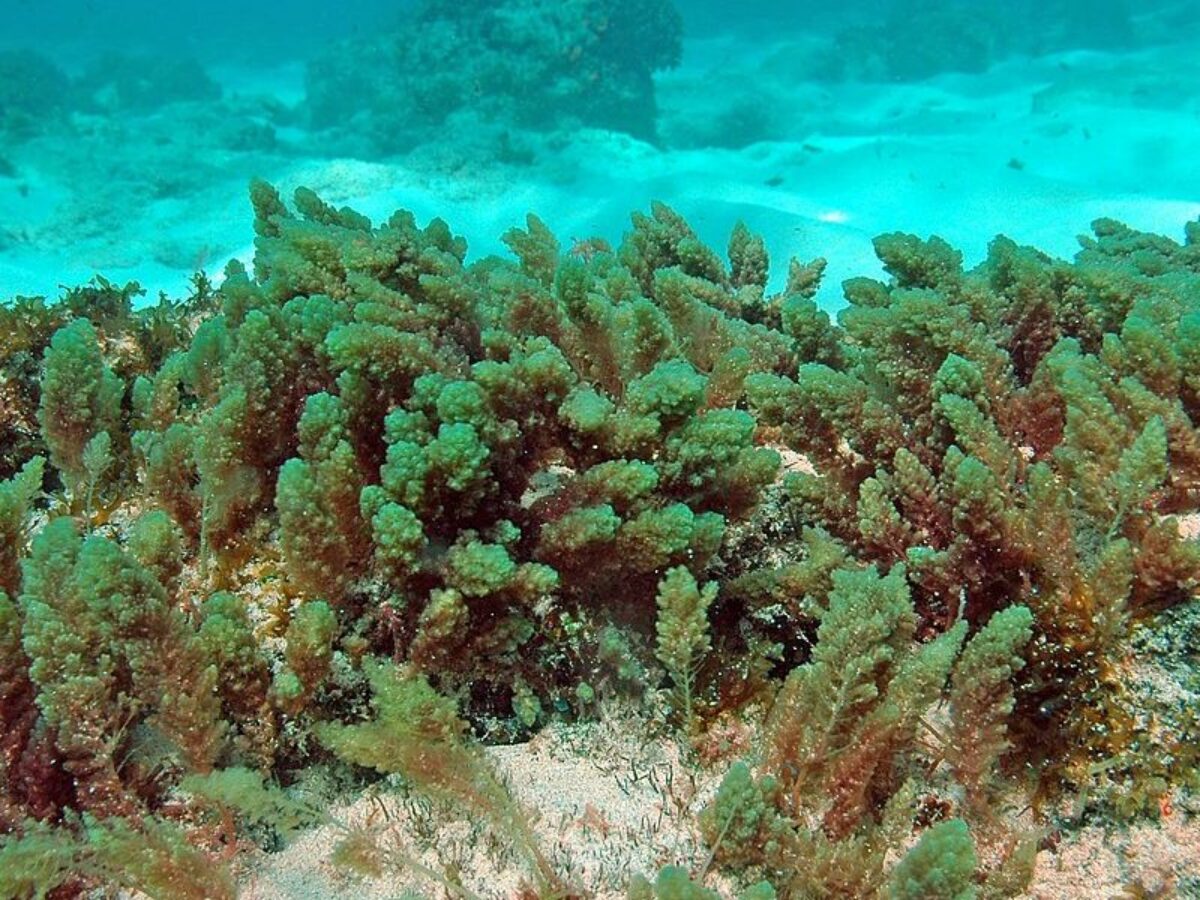Asparagopsis era begins with first commercial sale by CH4

Industry marketing and research body Meat and Livestock Australia has welcomed the arrival of asparagopsis extract supplements for beef producers, following years of research and development.
Asparagopsis is a microalgae that grows in Australian coastal waters. It contains a compound that acts on gut enzymes in the last stomach of cows, significantly reducing the production of the greenhouse gas methane through burps and farts.
MLA said in a statement on Thursday that the first commercial sale of a supplement based on the red seaweed was made this month by CH4 Global, and that the solution was able to cut methane emissions from cows by 80 per cent.
CH4 is one of three Australian licensees for asparagopsis IP developed through a collaboration between CSIRO, MLA and James Cook University, and made available through FutureFeed, which was established in August 2020.
Cassandra Kelly, Senior Advisor to FutureFeed, said, “It’s both inspiring and humbling to reflect on how the industry has managed to engage the brains trust, community and investment support in just under four years to make a product launch like this a reality.
“Just a few years ago, Asparagopsis was a largely unknown seaweed that was not cultivated in commercial quantities and had very few applications outside of niche cosmetics and as a condiment in Hawaii.”
MLA said that emissions avoidance was a critical part to meeting a goal of red meat being carbon neutral by 2030.
Asparagopsis extracts are one of several methods identified to reduce emissions from ruminant livestock (cows, goats and sheep.) According to one estimate, such animals are the source of 70 per cent of agricultural methane.
Other anti-methanogenic feedstock products under development include tropical legumes and the chemical 3-NOP.
Besides CH4, SeaStock and Sea Forest are also working to cultivate and process asparagopsis to offer supplements at scale to the livestock industry.
“MLA is continuing to work on a range of tools and technologies for producers to cost-effectively reduce emissions and increase productivity by demonstrating environmental stewardship credentials to customers, consumers and the community,” said Jason Strong, MLA’s Managing Director.
Picture: Wikimedia commons
Subscribe to our free @AuManufacturing newsletter here.
Topics Technology
@aumanufacturing Sections
Analysis and Commentary Awards Defence Manufacturing News Podcast Technology Videos






